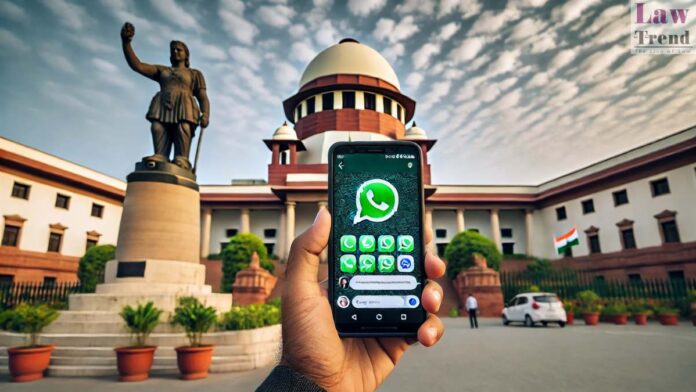In a significant judgment, the Supreme Court of India, comprising Justice M.M. Sundresh and Justice Rajesh Bindal, reiterated the importance of procedural compliance in criminal investigations. The Court directed that notices under Section 41A of the Code of Criminal Procedure (CrPC) and Section 35 of the Bharatiya Nagarik Suraksha Sanhita (BNSS), 2023, must not be
To Read More Please Subscribe to VIP Membership for Unlimited Access to All the Articles, Download Available Copies of Judgments/Order, Acess to Central/State Bare Acts, Advertisement Free Content, Access to More than 4000 Legal Drafts( Readymade Editable Formats of Suits, Petitions, Writs, Legal Notices, Divorce Petitions, 138 Notices, Bail Applications etc.) in Hindi and English.




